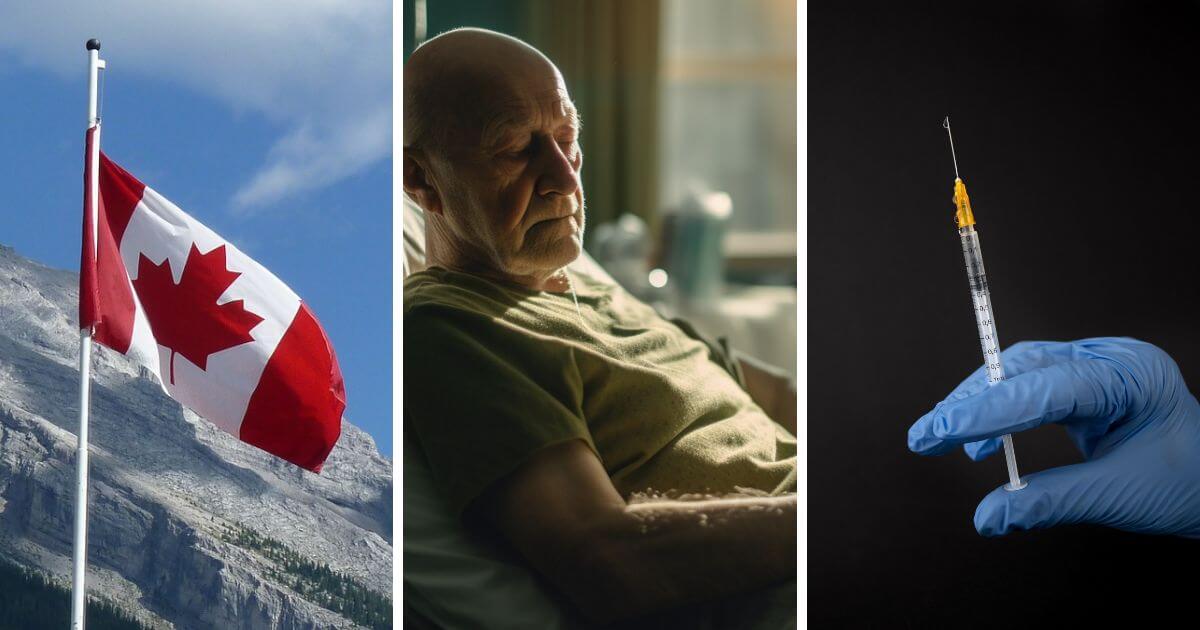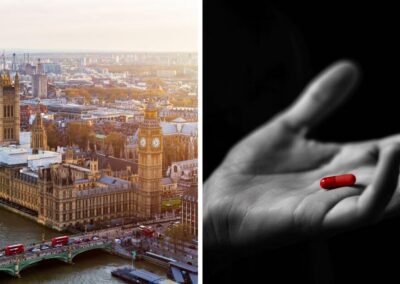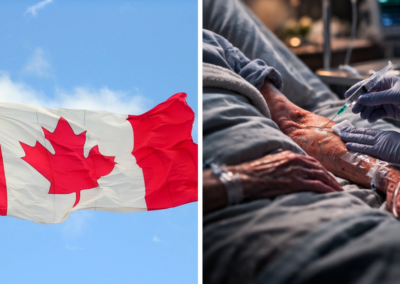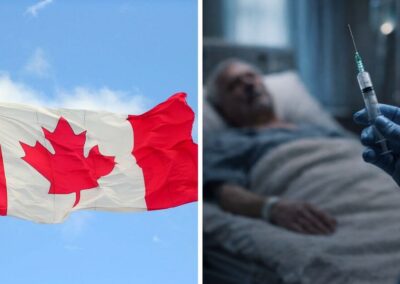Over 100 doctors voted at the BMA Annual Representative Meeting for the BMA to investigate how Canada’s extreme euthanasia regime has impacted health inequality, suicide prevention and provision of palliative care in the country.
The British Medical Association (BMA) is a trade union and professional body for doctors in the UK.
Between 3 and 5 July, the BMA held its annual representative meeting (ARM) where it considered potential changes to bylaws and suggested amendments to the articles of association requiring approval from the annual general meeting (AGM).
Motion 287 was proposed under the ‘Medical Ethics and Human Rights’ category, which called the “BMA board of science to investigate how the legislation of Medical Assistance in Dying (MAID) has impacted health inequality, suicide prevention and provision of palliative care in Canada.”
David Randall, a renal physician, opened the debate by noting that Medical Assistance in Dying (MAID) is deeply concerning for the poor and disadvantaged.
Drawing on the story of Safia Kovak, who had Motor Neurone Disease and died by euthanasia in 2022, Randall quoted Safia from her self-penned obituary that “Ultimately it was not a genetic disease that took me out, it was a system. There are not enough services promoting quality of life and independence for those who are not healthy and able-bodied. I could have had more time if I had more help.”
Gillian Wright, who works in medical ethics, continued the discussion by stating that “Canada’s expansion of euthanasia in the last seven years has been nothing short of breathtaking. The systematic dismantling of safeguards is shocking.”
After hearing the opposition, David Randall closed the debate by asserting that people may be choosing not to examine the most serious cases because of anxiety about what the outcome may be. Acknowledging that supporters of assisted suicide and euthanasia may not be keen to talk about Canada and its predicament, Randall highlighted that this doesn’t mean the BMA should not talk about it.
Despite the proposed motion being put forward, the outcome of the vote to form policy was unsuccessful. With a total of 328 votes, 34% (112) voted for the motion, 57% (187) voted against the motion and 9% (29) chose to abstain from voting.
In 2021, 10,064 lives were ended by assisted suicide or euthanasia, an increase of over 32% from the previous year, accounting for 3.3% of all deaths in Canada.
According to the latest report on Medical Assistance in Dying from Health Canada, 17.3% of people also cited “isolation or loneliness” as a reason for wanting to die. In 35.7% of cases, patients believed that they were a “burden on family, friends or caregivers”
Motion on ‘DIY’ abortion safeguards
Towards the end of the ARM, there were 10 emergency motions chosen. Proposed by Gregory Gardner, motion 1010 was based on the recent case where, the British Pregnancy Advisory Service, sent out abortion pills to a woman whose baby, Lily, was at least 32 weeks gestation.
The motion outlined that “As a duty of care to women the following changes should be made to abortion practice:-
i) there should be an end to the scapegoating of women for the failure of abortion providers to provide adequate safeguards;
ii) whenever possible, consultations for medical abortion should be carried out face to face, in order for a more thorough clinical assessment, including a proper estimation of gestational age;
iii) the extent of abortion failure should be data driven and known by all commissioning bodies.”
Despite the motion being tabled, the motion was not discussed due to lack of time.
Right To Life UK spokesperson Catherine Robinson said “The poor, marginalised and disadvantaged are being failed by the medical system in Canada and instead of fixing the system, it appears that the solution being offered to some is the ending of their lives through euthanasia or assisted suicide. It’s vital that people in the UK are aware of how bad the situation in Canada is and that, as a country, we chose to focus on caring for those who are ill rather than seeking to introduce assisted suicide or euthanasia.”












